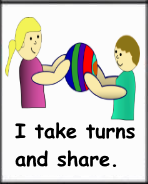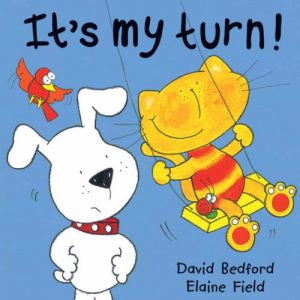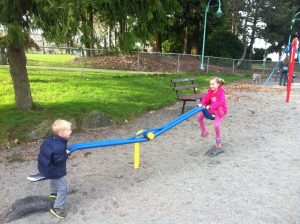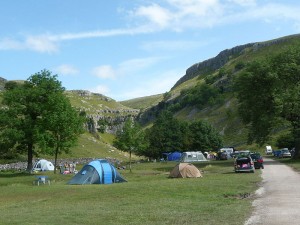January is resolution month; February is friendship. How can we help kids learn friendship skills? What are some basic and important ones? Taking turns is one of the earliest.
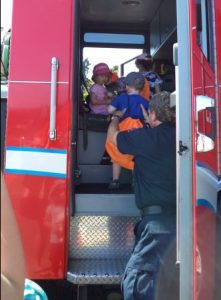
We all know the importance of social skills for success at school and beyond. Some of them are so common that we do not think how critical they really are. On any day, as adults, we take turns constantly. Every time we have a conversation with someone we are taking turns. Every relationship is based on give and take.
From early on, we help babies learn about taking turns. We talk to the baby and wait for any sound as a reply. Rolling a ball back and forth is another way to support learning about taking turns. As children grow, there are more opportunities and experiences.
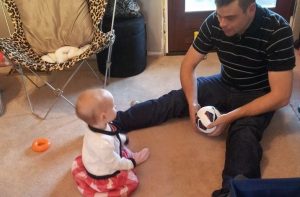
Besides letting others have a turn, kids also need to learn how to make sure they get a turn. Although most kids have the words, “I want a turn,” pretty clearly, it helps to add a few. “I want a turn. Tell me when you are done,” is often more effective. The other person is less likely to say no and feels recognized. We can model this for our kids by using the words when appropriate and coaching them to say the words when playing with others.
If you are using something and your child wants it, you can also say, “I’m not finished my turn. Please wait.” Kids are usually fine with this. They have been able to communicate their message and know they have been heard. Of course, there may be some negotiation afterwards if kids think someone is taking too long.
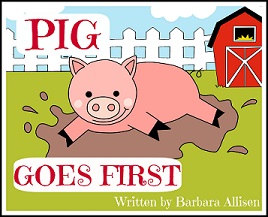
Reading books and telling stories is another way to help kids learn friendship skills. There are lots of games for practicing taking turns, such as Hopscotch, Throw and Catch, Hide and Seek, card games, board games, and more. Would you like a turn?

